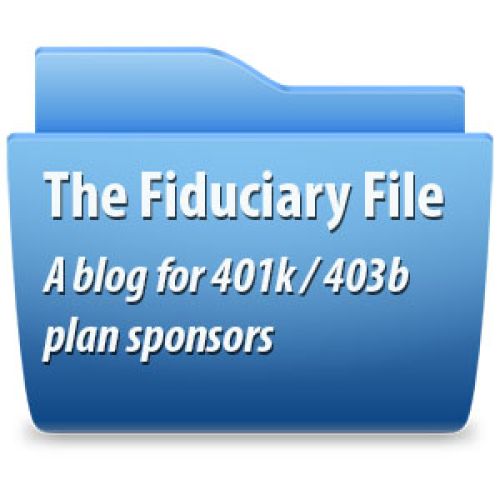Is your 401k investment lineup less than stellar? Why?

Is your 401k investment lineup less than stellar? Why?
Many of the plan sponsors we work with want the “best” 401k for themselves and their employees, while keeping the fees reasonable. “Best” is an interesting concept – best in what? Often our conversation begins centered around the 401k fund choices in the plan. Commonly it’s a sore spot for sponsors as they can see a marked difference between the performance of the investments in their 401k accounts when compared funds they may have outside the plan.
We preface the entire conversation on 401k investment lineup performance with two truths: (1) it is impossible to have the best performing funds at all times in any portfolio; (2) the importance of individual fund performance on portfolio value falls behind both the overall health of the various financial markets and the mix of asset classes owned in the portfolio at any given time.
With all that said, there really is no good reason to have significantly sub-standard investment choices with regard to expense ratios or performance in your 401k plan. Money’s Dan Kadlec recently published an article titled “The hidden reason your 401(k) fund choices are so bad”. The article touches on some important points including the inherent conflicts of interest that exist when the 401k trustee is the one setting the investment menu and managing the funds. He also talks about the employer’s fiduciary responsibility to ensure those conflicts are mitigated.
Quoted in Dan’s article is a brief published by the Center for Retirement Research at Boston College titled “Are 401(k) Investment Menus Set Solely for Plan Participants?”. One of the key findings of the research pertains to mutual fund companies that act as trustees. It states that “The analysis suggests that these trustees tend to favor their own funds, especially their poor-quality funds.”
As fiduciary advisors for 401k plans, we are responsible for providing the investment choices to the plan sponsor, effectively eliminating that conflict of interest. Our job is to ensure the plan’s fund choices in each category are good performers with low internal costs, and to keep those choices updated on an ongoing basis.
It is important to note that plan sponsors can never fully eliminate their fiduciary responsibility; however, ERISA’s prudent expert rule allows employers to delegate portions of that responsibility to a qualified advisor. Even under the prudent expert rule however, it is the employer’s responsibility to choose an advisor who can and will act in the best interest of the participants.
Here is a link to Dan Kadlec’s article on yahoo.
For a definition of the ERISA prudent expert rule on Investopedia click here.